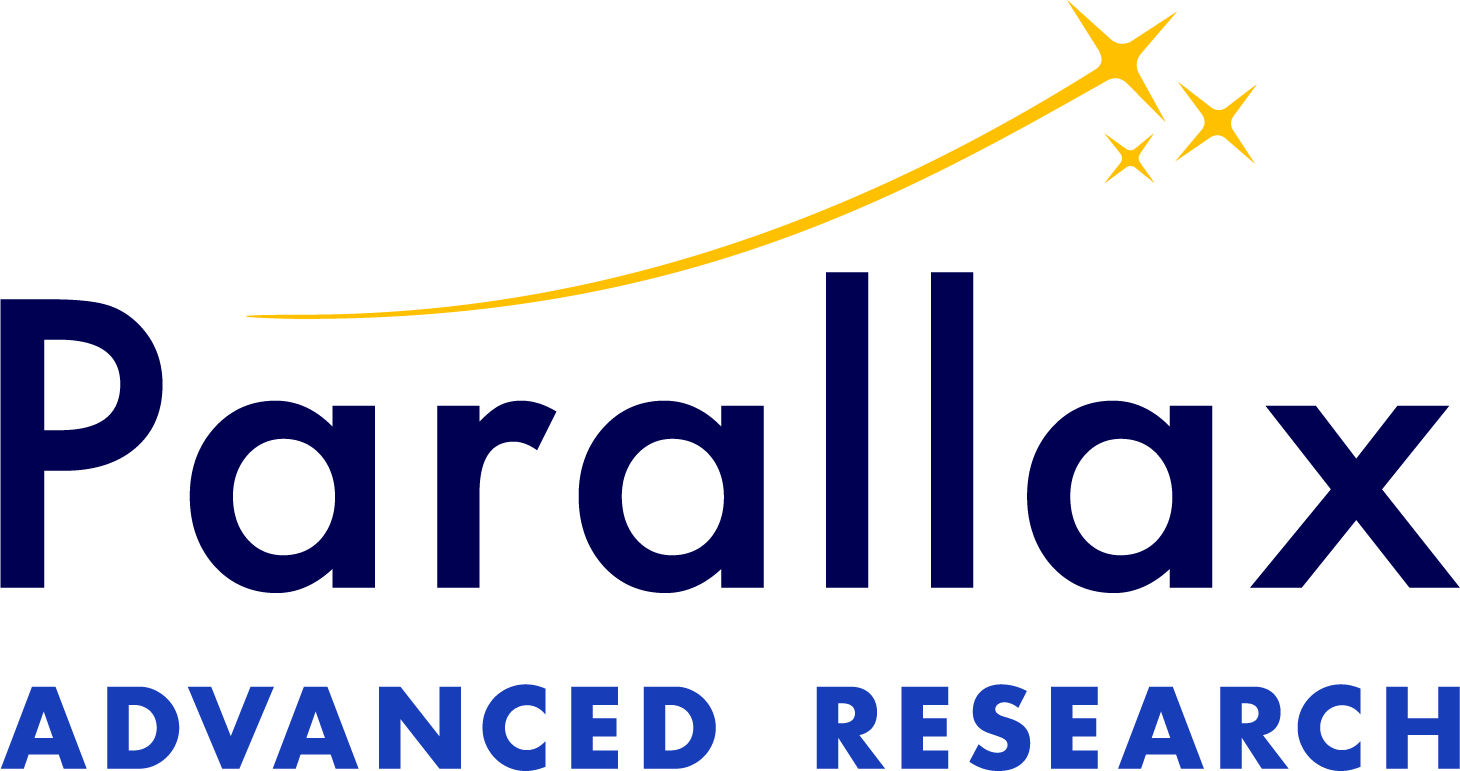Approved for public release; distribution is unlimited
Beavercreek, OH–Parallax Advanced Research, the 501(c)3 nonprofit research institute, has won a Defense Advanced Research Projects Agency (DARPA) In the Moment (ITM) award totaling $4.067 million. ITM seeks to understand how humans can develop trustworthy artificial intelligence (AI) for making difficult decisions in domains where there is no agreed upon right answer. The Parallax research team is working on ITM Technology Area 2 (TA2). Parallax will develop human aligned algorithmic decision-makers that can adapt to different types of decision makers and exhibit key decision-making attributes that support trust. Parallax is partnering with Drexel University and Knexus Research Corporation on the development of ITM.
The Parallax team’s research under ITM will focus on human-aligned decision-making in small-unit triage in austere environments and mass casualty care. This task is challenging because decisions must be made under time pressure with limited resources, and conflicting values mean that there is rarely a “correct” answer; even experts frequently disagree about many decisions. Parallax’s research combines multiple complex decision-making technologies based on artificial intelligence and machine learning in the medical triage space to make decisions in circumstances where trained medical personnel are unavailable.
Trustworthy Algorithmic Delegate (TAD)
The Parallax research team, led by Dr. Matt Molineaux, director of AI and Autonomy, is conducting fundamental research to develop the Trustworthy Algorithmic Delegate (TAD), an innovative Explainable Case-Based Reasoning (ECBR) approach to difficult decision making. TAD’s innovative ECBR system emulates a human decision-making process to make aligned decisions that can be trusted, as measured by an expert’s willingness to delegate decision-making authority. The more aligned the AI decision-makers are with their human counterparts, the more trust the human decision-maker will have in the algorithm.
“The idea is that, where necessary, the human operator will trust that the AI decision-maker will make decisions that align with what varied experts think should happen,” said Dr. Viktoria Greanya, chief scientist at Parallax.
TAD assists inexperienced medics by Jangela Wendell, Parallax Advanced Research Consultant
Dr. Molineaux is excited to support the ITM mission, which supports DARPA’s national security mission through saving lives. TAD aims to improve the critical decision-making process for triage and point-of-injury care through clear explanations and readily accessible information -- an important strategic advantage for national security.
“In the future, our work could help in mass casualty care situations with a hundred people in beds and five doctors,” said Dr. Molineaux. “But TAD will also be important in small-unit triage situations, where inexperienced personnel must choose how to care for soldiers immediately after they are wounded.”
Parallax is conducting its ITM research in two phases. In the first phase, research is focused on ensuring that the algorithmic decision-maker aligns within the decision-making variability of a group of trusted human decision makers. In the second phase, research will tackle the more complex task of aligning the algorithmic system to a specific trusted human decision maker.
“The assumption is that everybody makes their decisions in a different manner, and the AI should be able to align with the specific person who's delegating the algorithmic decision-maker,” explained Dr. Greanya.
DARPA research projects are known for being high-risk and high reward; they push boundaries and pioneer untested technologies
“Doing research for DARPA is one of several ways to achieve our goal of advancing the nation's innovation advantage,” said Dr. Greanya. “They are absolutely the right space for us to apply our own research and innovation potential. Parallax research teams are continuously pushing their ideas and capabilities into these higher-risk, higher-reward technical spaces to make an impact that leapfrogs over where an evolutionary approach might exist.”
The Naval Medical Research Unit – Dayton (NAMRU-D), through a cooperative research agreement, is providing subject-matter expertise in battlefield medicine to the TAD project, specifically on the medical triage efforts, and is helping Parallax run some of the required studies and training for the AI system.
“Should TAD mature in the way we hope it to, then we should be able to transition it to the armed services for inclusion in their pre-existing battlefield care,” said Dr. Greanya. “We believe that upon successful completion, this system will have significant impact on the Department of Defense’s medical care capabilities.”
In addition to reinforcing Parallax’s research capabilities, winning this DARPA award will enable Parallax research teams to work in new areas, gain new skills, and expand work in medical research.
###
About Parallax Advanced Research
Parallax Advanced Research is a 501(c)(3) private nonprofit research institute that tackles global challenges by accelerating innovation and developing technology and solutions through strategic partnerships with government, industry, and academia across Ohio and the Nation. Together with academia, Parallax accelerates innovation that leads to breakthroughs. Together with the government, Parallax tackles critical global challenges and delivers new solutions. Together with the industry, Parallax develops groundbreaking ideas and speeds them to market. Parallax has offices in Cleveland and Dayton, Ohio, and Arlington, Virginia. Visit here for more information.
